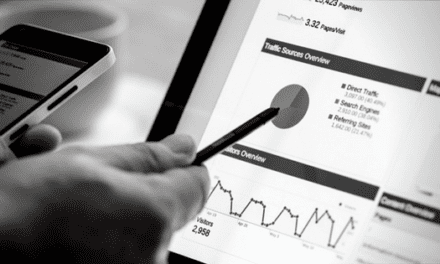Busy Is A Surprisingly Dangerous Word
Throughout most of our adult lives, we have all often described ourselves as busy. “Been keeping busy”, “It’s been a busy week”, “I’m too busy”. Often we use busy to mean that we are doing a lot of work, or have a packed schedule. But sometimes always being busy can start to expose us to a dangerous pattern of behaviour – Occupying our time, without a clear purpose.

Now, being too busy all of the time can have a lot of negative effects on our personal and professional lives. Personally, it can keep us away from our families or preoccupy us during the long days, but short years, of being a parent. Or keep us from spending time with our loved ones. However, that is not what we mainly talking about here.
Being busy in our professional lives can be what stalls our careers. Especially when we are busy, rather than productive, or busy rather than better.
Busy VS Productive Is About Workplace Culture
Now, let’s start by talking about what we mean by being busy and being productive. Being busy is taking as much time as you can with the tasks that you have. Being productive is doing as many tasks as you can with the time you have.
This is an incredibly important distinction to make in every workplace. Does the culture of the workplace incentivize workers to be as productive as possible? Are resources and rewards offered to empower employees to provide their best work, and use their time wisely?
For example: If you had a team that was required to meet a quota of work each day. Would the culture and expectations of the workplace incentivize the team to be productive, doing more than required in less time (while still ensuring the quality of work)? Could the team do more than required in 6 hours and be allowed to leave early but be paid for an 8 hour day? Or would the expectations be if they worked 6 hours they are only paid for 6 hours?
We have seen this type of scenario a lot. Companies get a quota and employees meet it in a full day’s work, if they meet the quota early, they can leave early but are not paid for the full day. This incentivizes being busy. Taking the full day to do the tasks, so they are paid for the full day and only have to work as hard as they need to.
Busy VS Better Is About The Individual
Let’s remind you of our definition of Busy as: taking as much time as you can with the tasks that you have.
And we are going to define Better as: using your time to continually improve yourself and your performance with the tasks that you have.
Being better is about the desire to improve your skills and be a little better today than you were yesterday. One of the worst things we can do for our career is to become complacent. When we are not being challenged or striving to be a little better than we were yesterday, we become satisfied with just getting through today. Ultimately, when we start spending our days just being busy, we can end up losing the validation and expertise associated with having experience. If we spend 5 years being busy, rather than being better, then instead of having 5 years of experience, we have 1 year of experience 5 times.
The Takeaway
As innocent and innoxious as the word busy is, it can be the downfall of your workplace and your career. Many great employees can have their potential taken away when the workplace conditions them to prioritize being busy, or when they stop challenging themselves to develop their skills. We all like the comfort that comes with being busy and having a predictable amount of work. But comfort is another danger that we need to be aware of. When our priority is to be busy and comfortable, our career trajectory has peaked. If we want to continue to grow, strive, and excel then our workplaces, and our expectations, need to prioritize the path to empowering employees to be productive and be a little better today than they were yesterday.



















